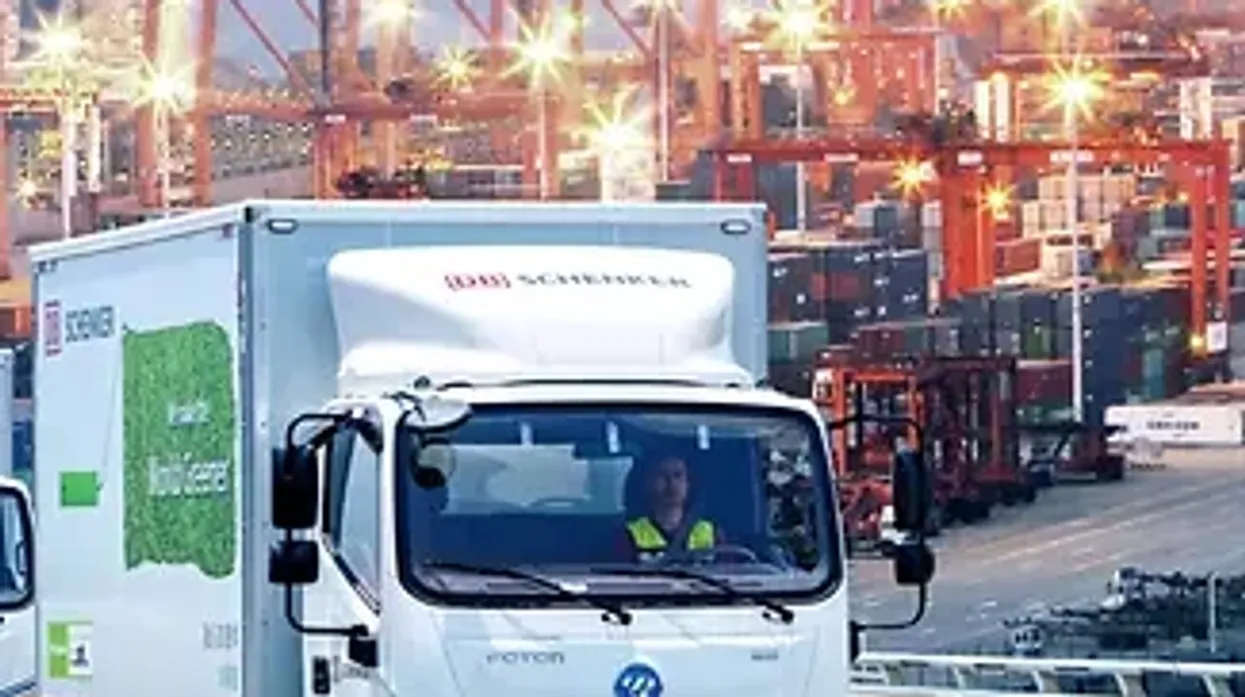German rail giant Deutsche Bahn AG yesterday said it will cut its debt and boost its focus on improving rail infrastructure thanks to its formal approval of the deal to sell its logistics subsidiary DB Schenker to the Danish transport and logistics group DSV for a total price of $16.3 billion.
Originally announced in September, the move will allow Deutsche Bahn to “fully focus on restructuring the rail infrastructure in Germany and providing climate-friendly passenger and freight transport operations in Germany and Europe,” Werner Gatzer, Chairman of the DB Supervisory Board, said in a release.
For its purchase price, DSV gains an organization with around 72,700 employees at over 1,850 locations. The new owner says it plans to investment around one billion euros in coming years to promote additional growth in German operations. Together, DSV and Schenker will have a combined workforce of approximately 147,000 employees in more than 90 countries, earning pro forma revenue of approximately $43.3 billion (based on 2023 numbers), DSV said.
After removing that unit, Deutsche Bahn retains its core business called the “Systemverbund Bahn,” which includes passenger transport activities in Germany, rail freight activities, operational service units, and railroad infrastructure companies. The DB Group, headquartered in Berlin, employs around 340,000 people.
“We have set clear goals to structurally modernize Deutsche Bahn in the areas of infrastructure, operations and profitability and focus on the core business. The proceeds from the sale will significantly reduce DB’s debt and thus make an important contribution to the financial stability of the DB Group. At the same time, DB Schenker will gain a strong strategic owner in DSV,” Deutsche Bahn CEO Richard Lutz said in a release.
















